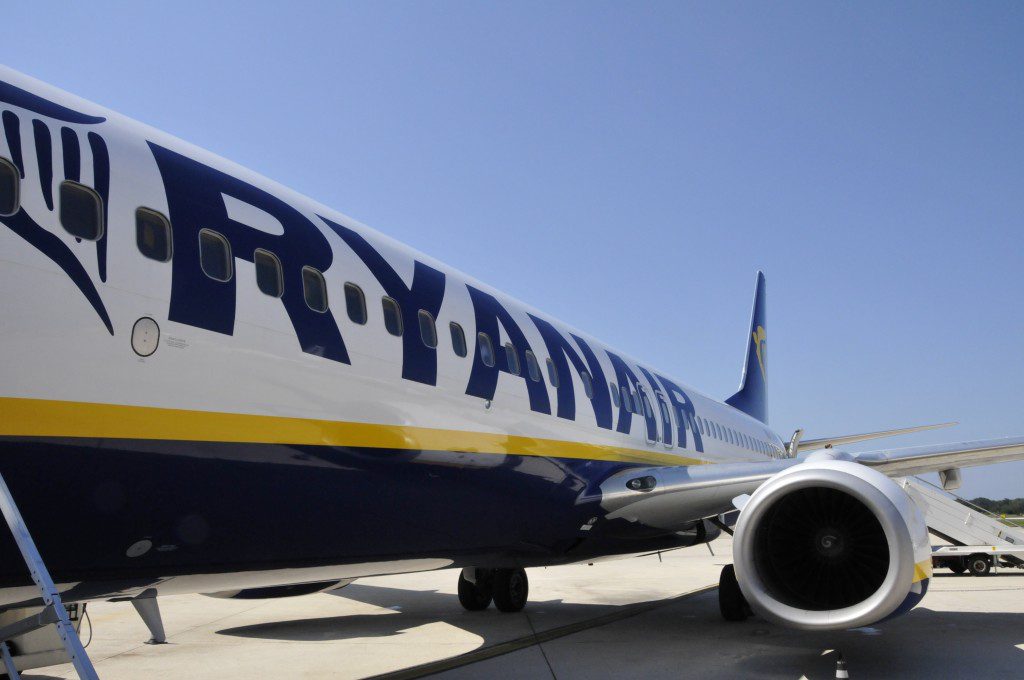And what if Ryanair was a model of customer experience management? This is the somewhat provocative opinion developed by Bruce Temkin on his blog “customer experience matters”. His conclusion resonates as a meaningful message: “A bad customer experience does not always mean bad customer experience management”; an opinion that I share.
A bad customer experience does not always mean bad customer experience management
Bruce Temkin
The link between customer experience and customer satisfaction
Here are some reflections and working hypotheses:
- Customer satisfaction is a product of the customer experience (a well-managed customer experience results in customer satisfaction).
- satisfaction is a measure of customer expectations concerning a company’s promise (I grant you this assumption is a little simplistic)
So, my first premise will be (in short): customer experience management is about managing customer expectations as part of a company’s strategy, which is close to Bruce Temkin’s definition of “Consistently delivering on brand promises that resonate with customers“.
The promise of a brand is built around different attributes that the company will have defined as those sought after by customers. In the case of Ryanair, these are: (a) the lowest prices, (b) flights on time, (c) few cancellations, (d) little lost luggage.
However, this premise poses a whole series of problems:
- Customer satisfaction is the result of the perceived (and therefore extremely subjective) difference between expectations and reality.
- for the same set of attributes (a, b, c and d) the customer experience can take many forms.
The opinion of a world expert in customer satisfaction
To explore this further, I asked Prof. Moshe Davidow, one of the world’s leading experts on customer satisfaction, to explain the links with the customer experience. This interview was conducted in March 2020.
Listen to it in the customer satisfaction chapter of this podcast. It also addresses the issue of emotions and word-of-mouth, which in the case of Ryanair have played (and still play) a significant role. Indeed, it should be noted that Ryanair’s customer service and customer satisfaction strategy has changed significantly in recent years. More attention is now given to customers, even if the complaints are still widespread.
Conclusion
The first legitimate question is whether merely meeting expectations is enough. Everyone remembers the phrase “Under promise, Over deliver”. It all depends on the promises that have been made and the adequacy of these promises with the expressed and unexpressed needs of the customers.
I think that in the case of Ryanair, these attributes are relatively well established, and Ryanair can thank the traditional airlines for their help. Did you realise that 3 of Ryanair’s promises are based on the failings of other companies? Flights on time, few cancellations, little lost luggage. The operational practices of traditional airlines are so disastrous that an airline like Ryanair has built its success on seemingly innocuous attributes that any customer would have the right to expect. Would it occur to Amazon to make a promise like “we promise not to cancel more than x% of your orders? “or to a bank “we promise not to lose your assets” (I admit this promise is not as inappropriate as it sounds these days)?
For the same set of attributes, two companies may choose to manage the customer experience differently with the common goal of delivering on their promises. Just compare Ryanair to Southwest Airlines, the original inventor of low-cost. The practices of the two companies are as opposite to each other as Rolls-Royce and Lada.
The fundamental problem that the Ryanair business case poses is the following: isn’t it risky in the long term to meet the main expectations of customers while having an unsatisfactory service in terms of customer loyalty? Doesn’t Ryanair’s results depend entirely on opportunistic customers who at the first opportunity will desert to join a company that is more respectful of its customers’ unexpressed needs?
One last trivial question: have you ever met an ”evangelistic” Ryanair customer?
Posted in Marketing.
